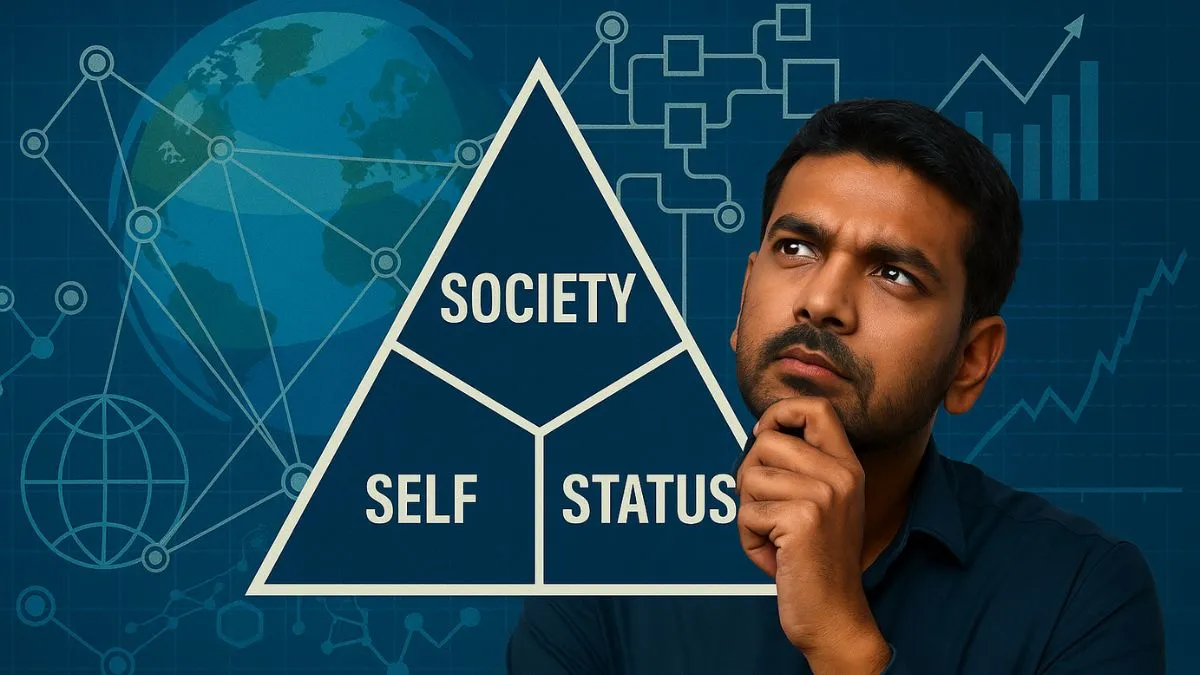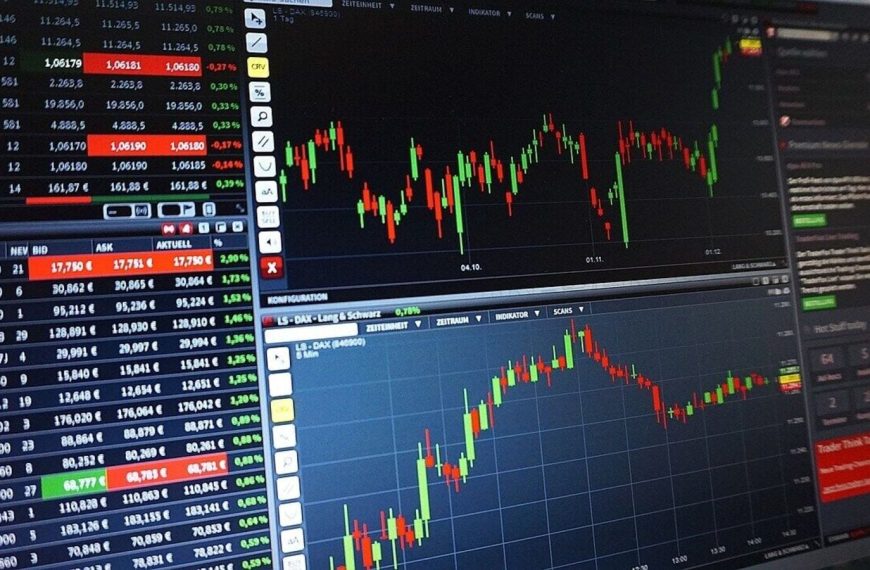Navigating Complex Choices: Understanding Dilemmas and Trilemmas
Every day, we encounter tough decisions that challenge our values and beliefs. From moral quandaries to complex economic principles, these situations force us to evaluate our priorities. This article delves into the intriguing world of dilemmas and trilemmas, shedding light on their implications and significance in various domains.
What is a Dilemma?
A dilemma arises when an individual faces a choice between two challenging options. The term is derived from the Greek words "di," meaning two, and "lemma," meaning proposition. A quintessential example is the moral dilemma involving a lifeboat: a sinking ship presents a situation where only a limited number of passengers can board the lifeboat. The question remains—who gets to survive?
The Famous Trolley Problem
Another iconic illustration of a dilemma is the trolley problem. Imagine a runaway trolley barreling toward five individuals tied to the tracks. You have the chance to pull a lever, redirecting the trolley to another track where one person is trapped. While saving five lives seems rational, intentionally sacrificing one person raises profound ethical questions. This scenario encapsulates the struggle between utilitarianism and moral responsibility.
Exploring Trilemmas: A More Complex Choice
In contrast to dilemmas, a trilemma presents three competing options, where satisfying two often necessitates compromising the third.
The Monetary Trilemma
One of the most recognized examples is the monetary trilemma, often referred to as the "impossible trinity." This economic principle asserts that a nation cannot simultaneously achieve:
- Free capital movement
- A fixed exchange rate
- An independent monetary policy
Countries must make strategic decisions when integrating into global markets. For instance, if a nation opts for a fixed exchange rate and free capital movement, it sacrifices control over its monetary policy. Conversely, if it desires monetary independence with free capital movement, it must allow its currency to float, as seen in the case of the U.S. dollar.
The Political Trilemma
Economist Dani Rodrik introduced the political trilemma, highlighting the tension between:
- National sovereignty
- Democratic governance
- Hyper-globalization
Rodrik argues that prioritizing democracy while embracing hyper-globalization weakens national autonomy. This scenario has real-world implications, as evidenced by the Eurozone crisis and Brexit, where member states grapple with the balance of power between national interests and supranational regulations.
The Blockchain Trilemma
Within the realm of cryptocurrencies, the blockchain trilemma refers to the trade-offs between:
- Decentralization
- Scalability
- Security
Coined by Vitalik Buterin, this concept highlights the technical challenges faced by blockchain networks. For instance, while Bitcoin excels in decentralization and security, it struggles with scalability, limiting transaction capacity. On the other hand, networks like Solana address scalability but may compromise decentralization and security.
The Project Management Trilemma
In project management, the Iron Triangle illustrates the constraints of delivering projects under three key factors:
- Speed
- Cost
- Quality
Introduced by Dr. Martin Barnes, this framework emphasizes that adjusting one factor inevitably impacts the others. For instance, if a project must be delivered quickly and cheaply, the quality may suffer. Conversely, prioritizing high-quality work often leads to increased costs.
The CAP Theorem: Database Trade-offs
The CAP theorem, proposed by computer scientist Eric Brewer, outlines a critical trade-off in distributed database systems. It posits that a system can only guarantee two out of the following three properties:
- Consistency
- Availability
- Partition tolerance
In practice, developers must often choose between consistency and availability, depending on the system’s purpose. For instance, platforms like Facebook prioritize availability, enabling users to engage without delay, even at the cost of temporary inconsistencies.
Life’s Harmony Trilemma: Balancing Fulfillment
Life can be viewed through the lens of a three-legged stool, with each leg representing essential domains of fulfillment:
- Social Connections: Family, friends, and community
- Personal Well-being: Health, spirituality, and self-esteem
- Career and Status: Professional success and financial achievement
Achieving balance among these areas is challenging, as excelling in one often requires sacrificing another. Individuals who prioritize social connections may find themselves with less time for career ambitions, while those focused on status might neglect personal relationships.
Questions to Ponder
As you reflect on your life, consider these questions:
- Would you chase extraordinary career success at the expense of health and relationships?
- Are you willing to prioritize spiritual fulfillment, even if it means sacrificing wealth?
- Or would you prefer a balanced, yet less glamorous existence that brings deep personal satisfaction?
The longest-running study on happiness from Harvard University reveals that those with strong, supportive relationships enjoy greater satisfaction and longevity. Ultimately, it’s the strength of our social connections that sustains us most.
In conclusion, understanding dilemmas and trilemmas can provide valuable insights into the choices we face daily. By recognizing the trade-offs involved, we can make more informed decisions that align with our values and aspirations.
For further exploration of these concepts, consider reading more about the implications of economic principles, ethical questions in decision-making, and the balance of life’s priorities.











